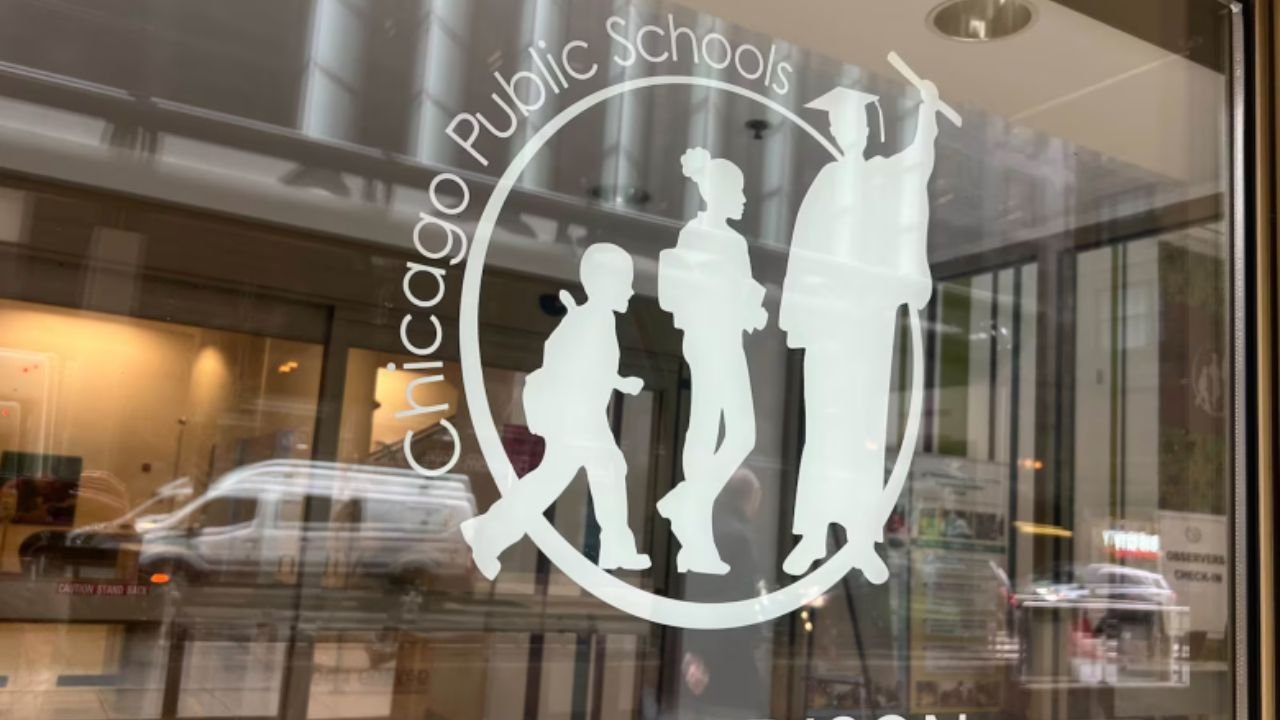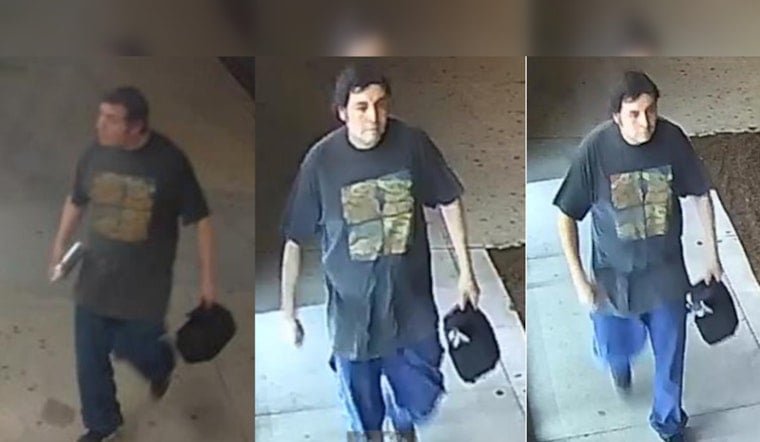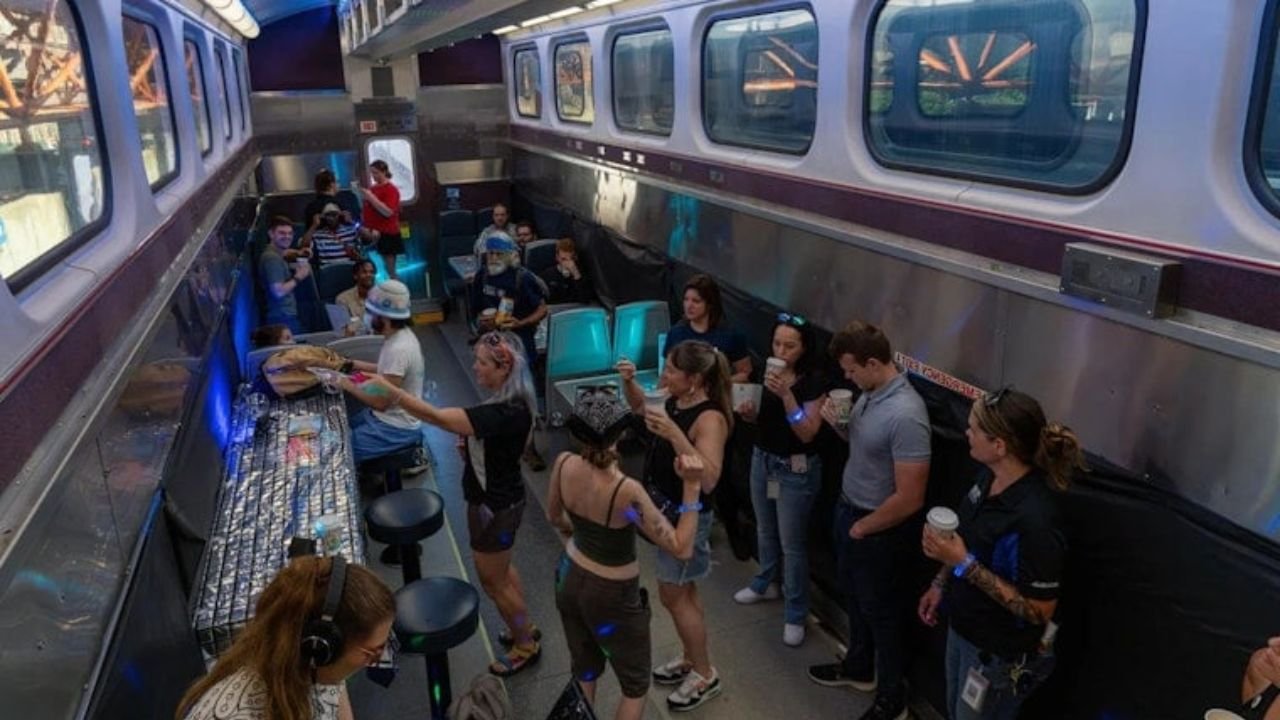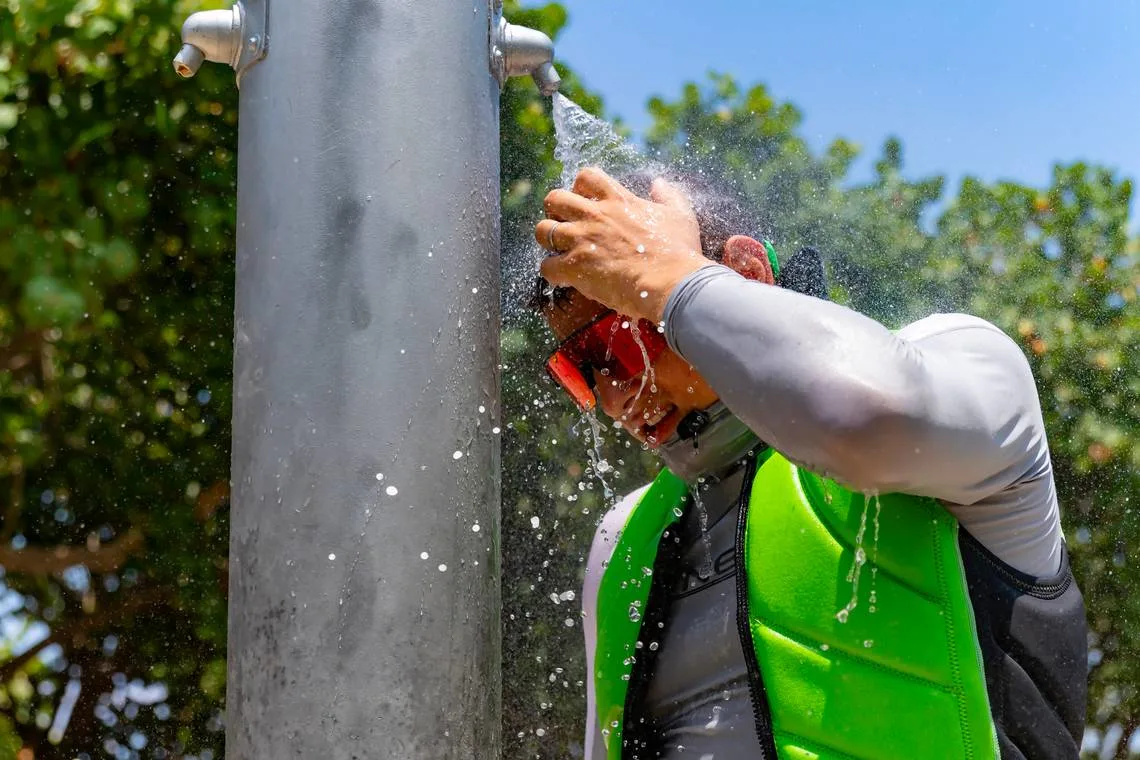CHICAGO — As Chicago Public Schools grapples with a staggering $529 million budget deficit, hundreds of Safe Passage workers who help protect students during school commutes now face the threat of job loss — a move that many say could jeopardize both student safety and community stability.
Safe Passage, a program launched in 2009 following the fatal beating of 16-year-old Derrion Albert, places uniformed monitors outside select schools to deter violence, de-escalate fights, and serve as positive figures in neighborhoods often affected by crime. This year, 1,200 workers were stationed at 191 schools across the district.
Workers, Community Leaders Sound the Alarm
Levella Wallace, stationed at Kelvyn Park High School, said she recently deterred a man who appeared to be following a student. “It’s not the first time my presence has made someone back off,” she said. “If we’re gone, who’s watching?”
Mignonna Leflore, another Safe Passage worker, expressed concerns about both safety and stability: “We are the eyes on the street. If we’re not here, these kids lose more than security — they lose support.”
Budget Cuts Already Taking a Toll
Chicago officials cut Safe Passage funding from $30 million in 2023-24 to $22 million this past year, and community partners have already seen staff reductions. Rev. Phyllis Harrell, CEO of the Alliance for Community Peace, said their staff has dropped from 120 workers to 80.
Marcela Rodriguez, co-director of Enlace Chicago, warned: “This is one of the few programs where evidence shows it works. If CPS is making hard choices, this one should stay.”
CPS Responds — But Offers Few Guarantees
CPS maintains it wants to preserve the program and is reviewing all vendor contracts to find “efficiencies.” A district statement said it’s committed to working with partners, parents, and city agencies — but no funding assurances have been made.
The new fiscal year begins July 1, and the final budget won’t be voted on until August.
Evidence Shows Safe Passage Works
A 2020 study in the Journal of Public Economics found that streets with Safe Passage workers saw 17% fewer crimes compared to nearby blocks. Even adjacent streets experienced an 8% decline when monitors were present. The research deemed it a cost-effective alternative to traditional policing.
Additionally, other studies link the program to higher school attendance rates and improved student morale, particularly in neighborhoods with high gang activity.
More Than Just a Job
Many of the workers live in the communities they serve and view their role as deeply personal. Wallace, a 12-year veteran of the program, said her job is her family’s primary source of income.
“It would affect my financial stability,” she said. “But more than that, it would affect the students who’ve come to depend on us.”
What’s Next?
The fate of the program now hinges on how CPS chooses to close its half-billion-dollar gap. While officials review the books, community members are urging them to see the Safe Passage program not as a cost — but as an investment in student safety and neighborhood trust.
Have you or your child relied on the Safe Passage program? How would these cuts affect your community? Share your thoughts at ChicagoSuburbanFamily.com and let your voice be heard.














